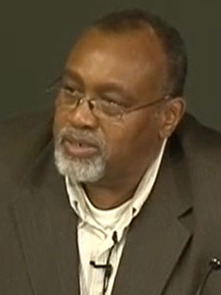A Quote by Warren Buffett
You have hedge funds and people like that buying these assets to yield 15 or 20 percent, I mean, that's the buyer for these people that are trying to unload them.
Related Quotes
When I was 23, 24, I started covering hedge funds - a lot of this was luck - when no one else did. This was before hedge funds were the prettiest girl in school: this was pre-nose job and treadmill for hedge funds, when nobody talked to them - back then, it was just all about insurance companies and money managers.
Ninety-nine percent of everyday things are things we don't need - that goes for regular visits to the hairdresser just as it does for clothing. What would it mean if we all consumed 20 percent less? It would be catastrophic. It would mean 20 percent less jobs, 20 percent less taxes, 20 percent less money for schools, doctors, roads. The global economy would collapse.
Banks don't want certain asset classes, and that's created opportunities for private equity, hedge funds, Silicon Valley. In this case I think he was referring to some of the European banks shedding assets, and the big buyers are probably not going to be big American banks. Someone like Blackstone may have a very good chance to buy those assets, leverage them, borrow up a little bit, and do something good there.
We are seeing more managed money and, to an extent, institutional money entering the space. Anecdotally speaking, I know of many people who are working at hedge funds or other investment managers who are trading cryptocurrency personally, the question is, when do people start doing it with their firms and funds?
My sermon for us Americans would be to construct the kind of institutions of mutuality and social cooperation that don't leave 15 or 20 percent of our people falling through the cracks. We can do it. It's not like we don't know what to do. It's not like there aren't models there. It's not like this isn't being done elsewhere. It's not like we can't afford to do it. It's a question of political will and it's about our definition as a people.
Economists often talk about the 80/20 Principle, which is the idea that in any situation roughly 80 percent of the “work” will be done by 20 percent of the participants. In most societies, 20 percent of criminals commit 80 percent of crimes. Twenty percent of motorists cause 80 percent of all accidents. Twenty percent of beer drinkers drink 80 percent of all beer. When it comes to epidemics, though, this disproportionality becomes even more extreme: a tiny percentage of people do the majority of the work.
I think there are probably too many hedge fund managers in the world, as well as active fund managers. The hedge fund industry is very efficient. We see a lot of hedge funds open and a lot close. It's very binary. You either succeed or fail in the hedge fund world. If you succeed, the amount the managers make it beyond most people's wildest dreams of wealth.




































